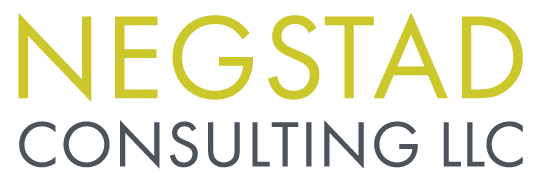5 Minutes on The What And Why Of One-On-One’s
In my last blog post we took some time to hear from you about two things. When are one-on-one conversations meaningful? And when do they fail? If you missed that you can find it HERE.
Before we go any further let’s take a minute to define what a one-on-one conversation is. You might be surprised.
What is a One-On-One Conversation?
One-on-one conversations are a dedicated and focused time to hold a private meeting between a supervisor and supervisee.
The conversation is focused on three things:
1. How is the employee doing?
2. How is the work going (progress on priorities, goals, etc.)?
3. How are we doing (supervisor and employee in relationship)?
Let’s pause there for a moment.
Did anything surprise you? Do your one-on-one’s include all three? Where do they tend to be focused? Which question needs more attention?
Wherever you’re at now, that’s okay. We’re here to learn.
Let’s dig in a little more to how to address all three areas.
1. How is the employee doing?
This is a time for your employee to self-reflect. You can give them questions in advance. Or have regular questions they can expect. You can even co-create the questions. For example:
Tell me about your last week?
What’s on your mind this week?
This is a time to focus on listening and validating.
2. How is the work going?
Let your employee share their perspective with you. Ask questions like:
What successes and wins do you want to share with me?
What has energized you in your role or in this project?
What has not been going well with this goal/project?
You can chime in too. Share what you’ve noticed.
Remember to practice your coaching skills. It’s not your job to have answers or fix everything.
For example, if your employee needs some problem-solving, let them take the lead on what they have been trying and what they are thinking they will try next.
3. How are we doing (supervisor and employee in relationship)?
It takes vulnerability and planning to have honest conversations with your employee about your relationship.
We’ll explore later in the series how to build that trust so that you can honestly ask, answer, and receive the answers to questions like:
Where have you felt most supported by me?
Where have I gotten in your way in the last month?
How can I support you between now and our next check-in?
Those are the three areas of focus for a one-on-one conversation.
It takes preparation and practice to get there.
You might be asking, is it really worth it for me to put in the work?
My unequivocal answer is YES. Here’s why.
Why One-On-One Conversations are Important
As a supervisor this is your dedicated time to listen and coach.
If you are interested in performance improvement, AKA learning, this is where it happens. During real, honest, thoughtful conversations. Not from traditional performance evaluation forms or perfunctory check-ins.
Need more convincing?
Here are four other reasons one-on-one meetings are important:
They help your employee feel supported, heard and recognized.
It facilitates giving ongoing recognition and developmental feedback because it’s a set time, place and format to do it in, in addition to real-time feedback..
The supervisor gets valuable information on what’s happening with the employee and with the team.
It creates a point of connection that is especially important for hybrid and remote employees.
Next, we’re going to look at how both the supervisor and employee can best prepare for a strong one-on-one conversation.
In the meantime, take a moment to reflect.
What’s one thing you can do differently or keep in mind at your next one-on-one? What questions are coming up for you?

